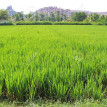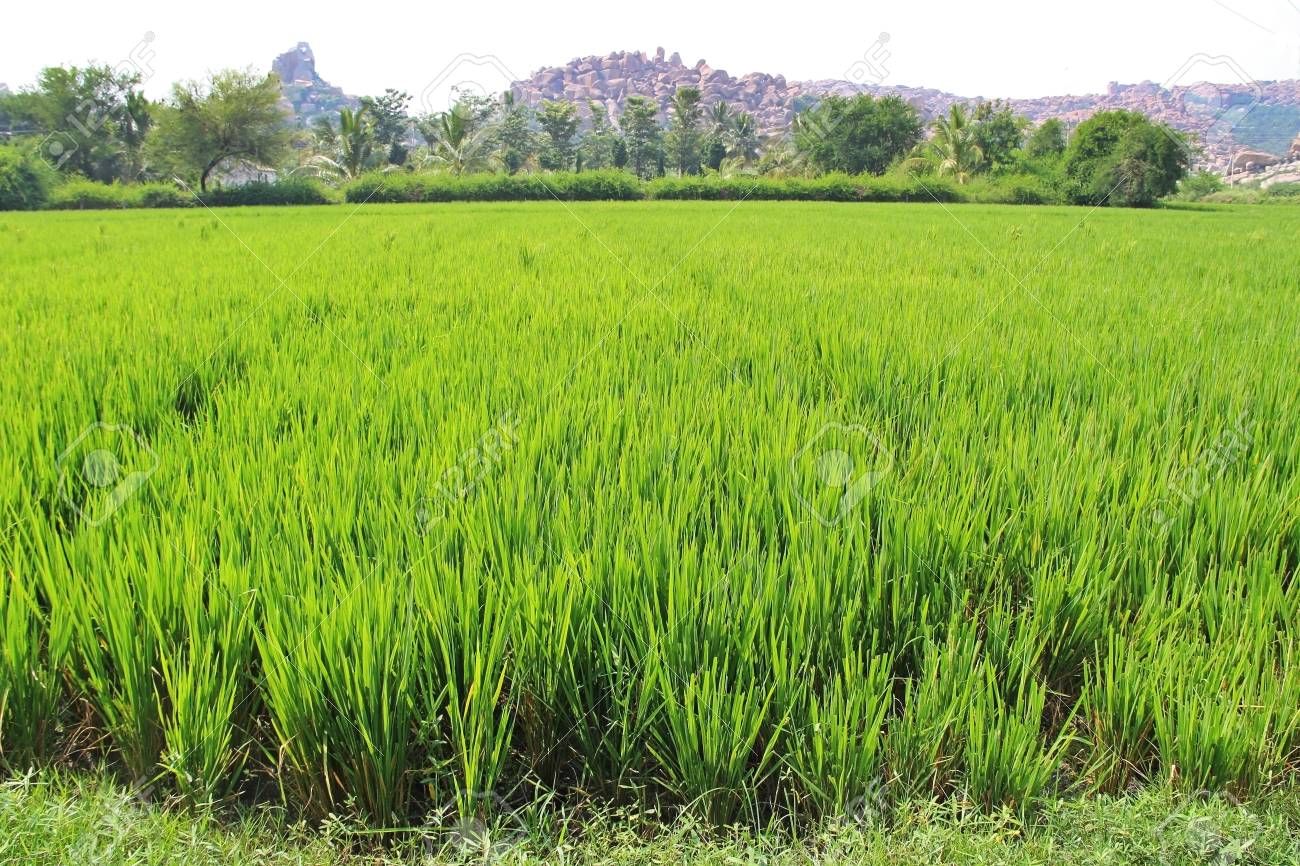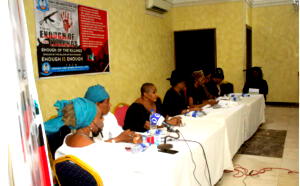By Jimoh Babatunde When President Muhammadu Buhari ordered the partial closure of the land borders in August last year due to massive smu...

By Jimoh Babatunde
When President Muhammadu Buhari ordered the partial closure of the land borders in August last year due to massive smuggling activities, especially rice, many saw it as a fulfilment of one of his campaign promises to increase local production of rice.
Today, one year down the lane, major stakeholders in agriculture have divergent views on the impact of the continued closure of the borders on the country’s economy.
Speaking on the effects on the economy, a rice farmer, Bunmi Ade, said the border closure helped push Nigeria’s rice production to 9.2 million tonnes last year and that the outlook would have been better this year if not for the Coronavirus pandemic.
ALSO READ: Only agro-revolution can save us, not Oil — Ayade
Dr (Mrs) Nike Olagunju, a rice processor, in an interview with journalists recently, said the statistics of rice farmers in Nigeria in recent times had shown that the closure “is a decision taken in the right direction.
“Suffice to say that it’s an indication that the growth of our economy is in our hands.”
She said Nigerians are getting used to eating locally-produced rice, and farmers are now confident that there is a steady market waiting for their produce unhindered and they could go all the length in production of paddy rice.
“The COVID-19 pandemic has also taught us a great lesson that we can look inwards and better our economy without foreign interventions, even now that the whole world is in a great crisis; economic and food-wise.
“The border closure on rice importation has also favoured employment of labour in the various rice production chain, invariably enhancing the GDP of our nation,” she argued.
Local rice farmers are getting better by the day and closing the quality gap between imported and Nigerian rice.
Also, the President, All Farmers Association of Nigeria, AFAN, Mr. Ibrahim Kabir, explained that when the border closure happened, Nigeria did not know there would be a pandemic, but luckily, the border closure prevented food items from going out of the country informally as they used to, especially in Katsina.
Kabir added that as time goes on, the borders will have to be reopened “because we have signed the African Continental Free Trade Agreement, AFCTA, but the misbehaviour of our neighbours indicated they were not there for us.
“They were working with some unscrupulous Nigerians to smuggle in what we have comparative advantages in. We were forced to close the borders.”
The post A year after border closure: Stakeholders speak on rice production appeared first on Vanguard News.


No comments